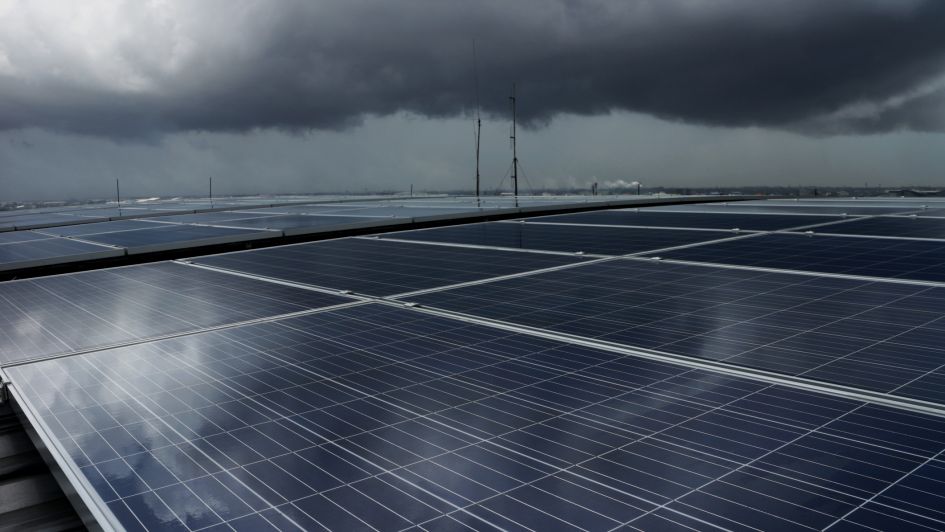At Power for All, we have long advocated for universal energy access as a key enabler of broader Sustainable Development Goals (SDGs), particularly in the Global South. Solar energy has shown great potential in transforming lives, as evidenced in the GOGLA Market Trends Report 2024. However, despite the progress being made, we must acknowledge that we are not on track to meet SDG 7 by 2030, with 660 million people still expected to be without tier 1 electricity access by the end of the decade.
This research by The World Bank and GOGLA highlights some impressive strides in solar energy adoption. Farmers are using solar water pumps and refrigerators to increase productivity, with 86% of users reporting higher productivity and 88% seeing income growth. Similarly, schools and healthcare facilities powered by solar energy are improving educational outcomes, public health and healthcare services. Countries such as Nigeria and Kenya have integrated off-grid solar (OGS) into their national energy plans, and in fiscal 2024, the World Bank committed $660 million to governments to scale up proven solutions.
However, despite high-profile support, there is growing concern about the lack of transparency in disbursements by the World Bank and other large institutions. While the Bank has committed large sums to OGS projects, there is often limited clarity about how and where this money is being spent. As highlighted in Power for All’s recent article on mini-grids, much of the funding remains in financial shadows, with inadequate tracking of where the money goes and how much actually reaches the intended beneficiaries. This lack of transparency not only stunts the growth of critical energy projects but also erodes trust among stakeholders.
For example, although $660 million was pledged by The World Bank for scaling OGS, this is unlikely to reach the many small and mid-sized solar companies that struggle to access adequate financing. The funding is often locked behind complex bureaucratic processes or tied up in opaque channels, preventing it from flowing where it’s most needed: into communities and small businesses that are driving real progress on the ground. These inefficiencies create significant barriers for local solar energy providers, who are critical to closing the affordability gap that leaves millions without access to clean energy.
At Power for All, we call for greater transparency from The World Bank and other major funders. Disbursements must be clearly tracked, and detailed reporting should be made publicly available to ensure that funds reach the intended recipients. Without transparency, accountability, and measurement the financial flows intended to support universal energy access risk becoming bottlenecks that slow down progress, especially in the Global South.
As we look to 2025, collaboration among governments, donors and the private sector is crucial. However, it must be built on clear, transparent financial systems with measurable outcomes. Only then can we ensure that solar energy reaches the people who need it most and that we achieve SDG 7 by 2030. We cannot afford to leave anyone behind in the global energy transition.
